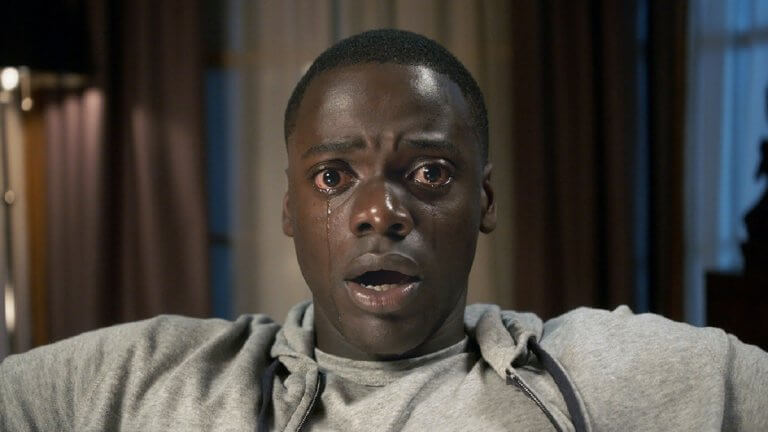
A film for the Trump era, Get Out made waves through its equally hilarious and terrifying take on race politics in modern America.

Source: UCR Today
It was both a critical and box office success in 2017, grossing $255 million worldwide despite being made for just $4.5 million. “What makes it so special, despite some obvious flaws, is its prime location at the intersection of horror and race,” wrote the Wall Street Journal in a review last year.
The directorial debut of Jordan Peele has been hailed as a critique of white liberals, whose attempts to ally themselves with anti-racist movements may sometimes do more harm than good. As Peele told an audience at a premiere for the film: “The real thing at hand here is slavery … it’s some dark shit.”
The Oscar-nominated horror film has now been cited as the inspiration for new subjects in the Media and Cultural Studies Department at the University of California, Riverside (UCR).
“Once I saw Get Out, I knew I wanted to teach a class about it,” said John Jennings, the Professor in Media and Cultural Studies who is teaching the course, as quoted by UCR Today. “It really resonated with me because I’m so fascinated by how speculative fiction deals with social issues.”
“More than just a standard-issue thriller, this brutal, smart movie is impeccably made, as well as surprising, shocking, and funny, while also offering a compassionate, thoughtful look at race,” wrote a review from Variety.

Source: Flickr
Undergraduate students in Media and Cultural Studies at UCR can now study Get Out and other films in the subject called “Afrofuturism and the Visual Cultures of Horror”.
“George Romero’s Dawn of the Dead is a story about consumer culture and mindless consumption, which is why it takes place in a shopping mall. And Get Out is about societal fears, mainly the fear of the other. In all these cases, the monster is the medium,” said Jennings.
“We’re under a lot of stress right now as a country, and after tumultuous moments in time you usually see an uptick in horror films,” he said. “We saw this after World War II and after 9/11, and we’re seeing it now in our post-2016 election era.”
Just to add to the course’s cool factor – Jennings is currently a Nasir Jones Hiphop Fellow at the Hutchins Center for African & African American Research, Harvard University.







